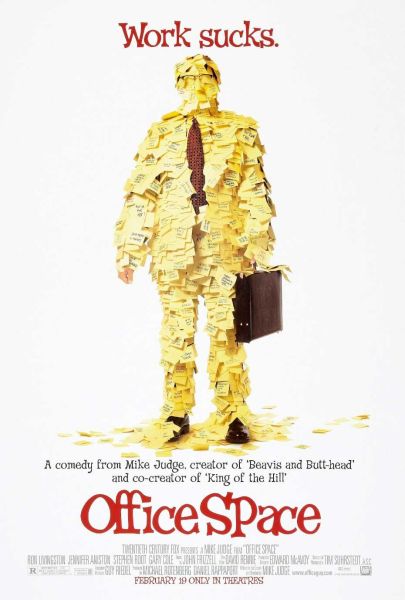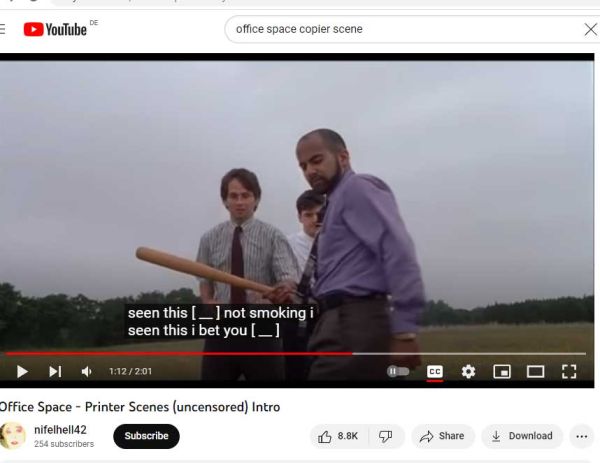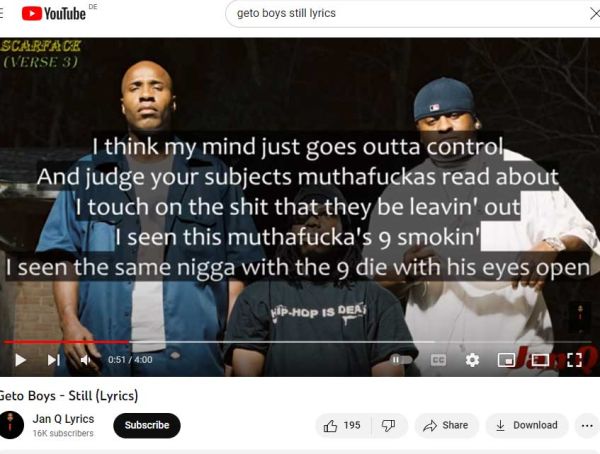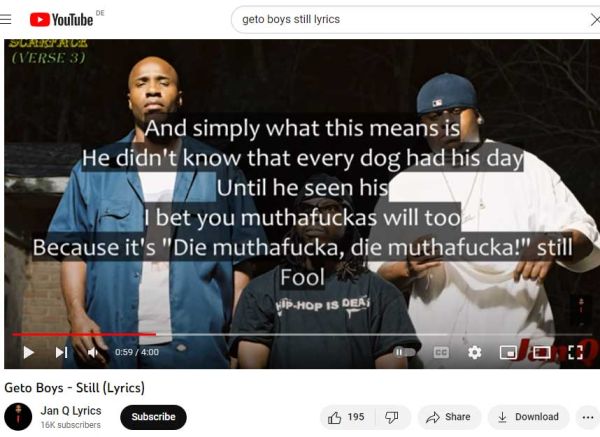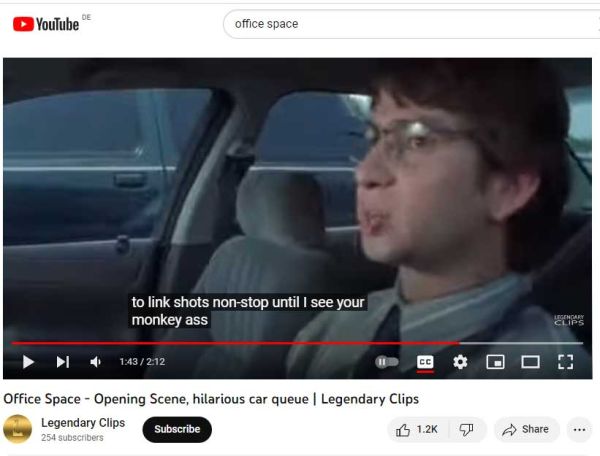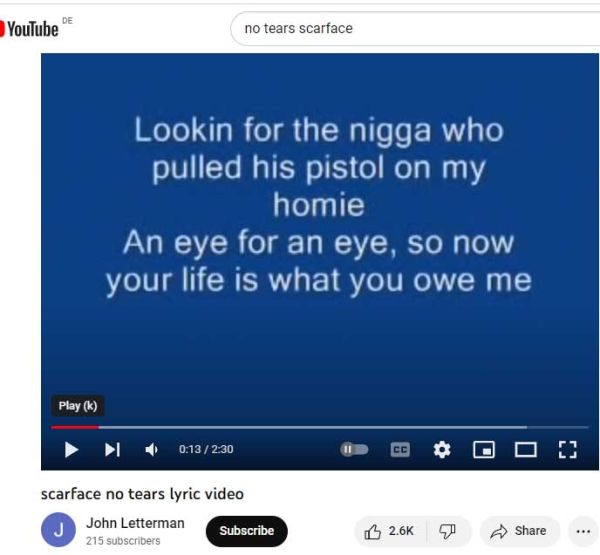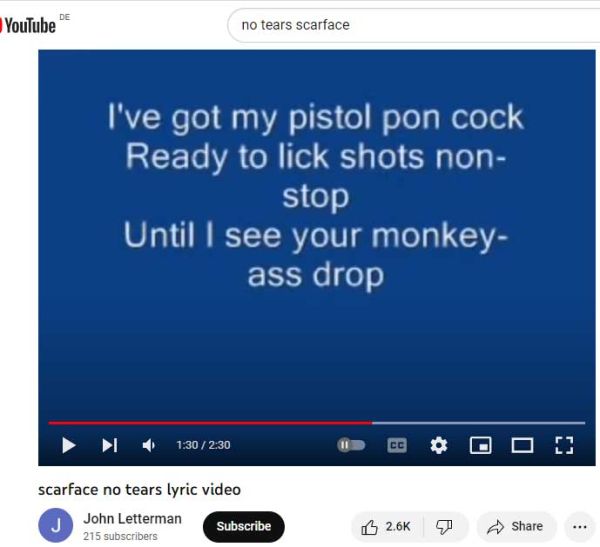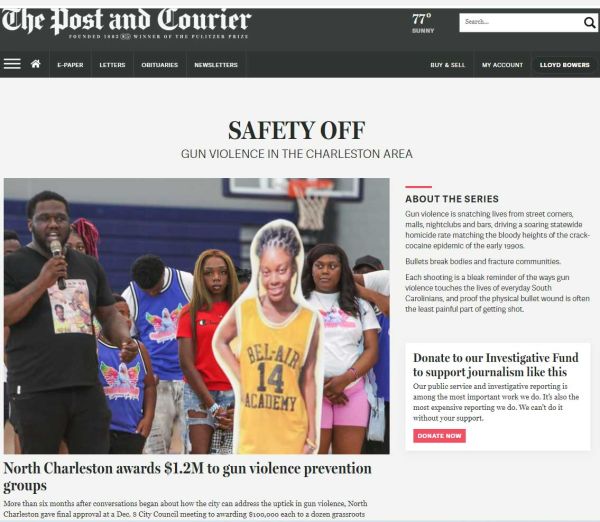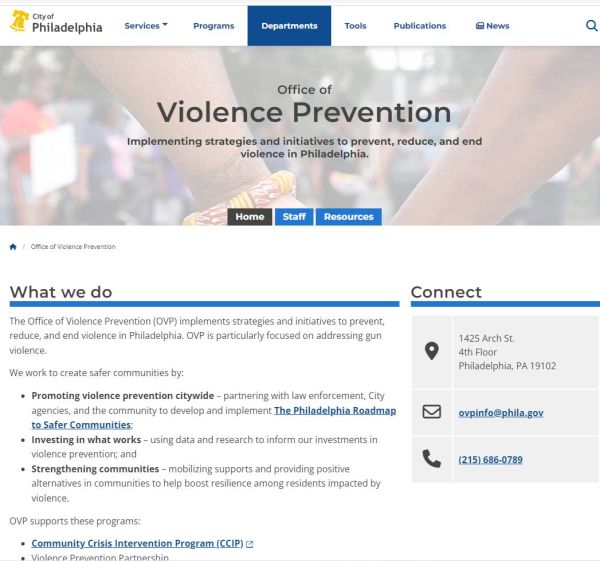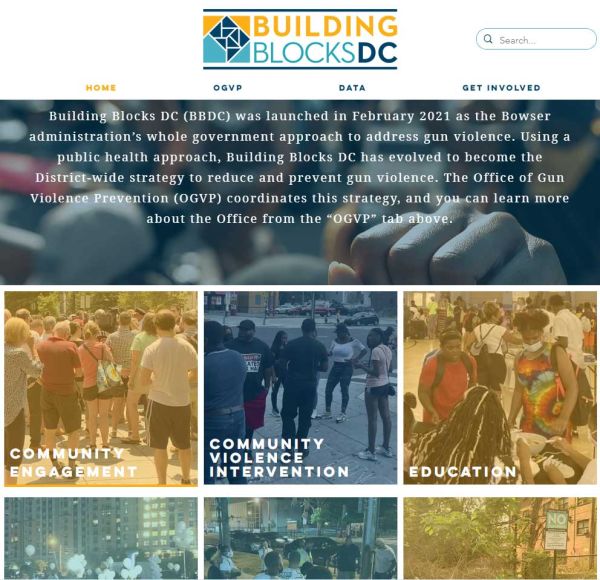Money and Determinism
Money and Determinism
I remember watching the movie Office Space, filmed in 1999 and directed by Mike Judge. In one scene, three totally pissed-off office workers walk onto an empty field with their baseball bats, ready to kill something. But they wear pressed shirts and ties for their jobs at a software company; so the only thing they kill is the hated office photo-copier.
While they murder the printer, the movie plays the rap song "Still" by the Geto Boys, recorded in 1996. The dark level of violence in the song impressed me, since it concerns killing real people out of revenge, and enjoying it--real blood, real bullets.
At the beginning of Office Space, a bored, restless employee of the same software company drives to work listening to another rap song, "No Tears" by the rap-group Scarface.
Like the workers in the first scene, he wears a pressed shirt and tie. The restless, rebellious side of the worker sings along. Like the Geto Boys rap, "No Tears" just overflows with violence and killing; but when a homeless Black man walks by selling flowers, he stops his singing, in order not to offend the Black man.
For a cultural dissident like me, the rap songs represent a problem in Black society; but how do you define the problem? Most Whites really have no idea who Black people are, because when Blacks move into a neighborhood, the Whites start moving out. We used to call it "White Flight," because of our fear of violence from the Blacks.
City leaders have a real problem, not just with Rap, but with the dark direction of Black culture, or part of it. City leaders spend millions every year on things like after-school programs, parks, and athletic equipment, in order to pull Black youths away from a life of violent crime, while the siren songs of Gangsta Rap keeps bringing them back into it.
In my hometown Charleston, South Carolina, city leaders received a large sum of government funding to help it reduce crime. The death of a promising basketball player in Charleston instigated it, with the usual promises, that more policing and more neighborhood intervention will reduce it. We've heard this rationalization for the expenditures for years, and the problem remains.
And the fear is, if we stop buying off the killers, the murder-numbers will start going up, again. In fact, most cities in America have this kind of thing--extra funding to try to keep Black youths from wanting to kill people. But if we step away from the hoopla and emotion fueling the justification for the expenditures--like extortion, while the unlying problem remains in the dark.

